Mastering RV Park Septic Management: Remarkable Benefits
Discover effective RV park septic management strategies. Learn maintenance tips, compliance guidelines, and best practices.
Managing an RV park septic system efficiently is crucial to keeping your park clean and your visitors happy. An efficient system ensures that waste is handled properly, avoiding unpleasant odors and potential health hazards.
Table of Contents
Key Takeaway
RV park septic management demands regular inspections, timely maintenance, and an understanding of the specific needs of an RV park. Key points to remember include:
- Regular pumping schedules
- Consistent inspections
- Understanding the capacity needs of your park
- Compliance with environmental regulations
- Educating visitors on proper sewage disposal
Why RV Park Septic Management Matters

The efficient management of septic systems in RV parks is essential. It not only helps in maintaining the hygiene and cleanliness of your park but also ensures the longevity and efficiency of your septic system. Mismanagement can lead to environmental hazards, costly repairs, and unhappy guests.
Understanding Your RV Park Septic System
RV park septic systems are designed to handle the waste from multiple RVs. Unlike traditional home septic systems, these need to manage higher volumes and more varied waste types. Understanding the capacity and design of your system is the first step in effective management.
Regular Inspections Are Key
Consistent inspections are critical for identifying potential issues before they become major problems. These inspections should look for:
- Signs of wear and tear
- Leaks or blockages
- Proper functioning of pumps and filters
Establishing a Pumping Schedule
Pumping your septic system regularly prevents overflows and maintains efficiency. The frequency depends on:
- The size of your septic tank
- The number of RVs in your park
- The average length of stay for visitors
Recommended Pumping Schedule Based on Park Size
| Park Size | Number of RVs | Pumping Frequency |
|---|---|---|
| Small (10-20 RVs) | 10-20 | Every 6 months |
| Medium (21-50 RVs) | 21-50 | Every 4 months |
| Large (51+ RVs) | 51+ | Every 2-3 months |
Training Staff and Educating Visitors
Staff should be trained on the basics of septic system maintenance and emergency procedures. Additionally, educating visitors on proper waste disposal practices helps in maintaining the system’s efficiency.
Common Challenges in RV Park Septic Management
Common Challenges and Solutions
| Challenge | Solution |
|---|---|
| Overloading the system | Regular monitoring and accurate capacity planning |
| Infrequent maintenance checks | Establish a strict maintenance schedule |
| Blockages from inappropriate waste | Educating visitors on proper disposal methods |
| Compliance with regulations | Keeping up-to-date with local environmental laws |
Employing Technology for Better Management
Modern technology can simplify septic management. Consider the following:
- Remote monitoring systems to track tank levels and pump performance.
- Automated alerts for maintenance and pumping schedules.
- Mobile apps for staff to report issues and track maintenance tasks.
Compliance and Regulatory Issues
RV parks must adhere to local and state regulations to avoid penalties. This includes regular inspections and maintaining proper records of all maintenance activities.
Cost Management and Budgeting
Managing costs is a significant part of septic system management. Consider:
- Budgeting for regular maintenance and emergency repairs
- Investing in quality materials and professional services
- Monitoring operational costs for efficient financial planning
Advantages of Regular Septic System Maintenance
Regular maintenance has several benefits, including:
- Increased lifespan of the septic system
- Prevention of costly emergency repairs
- Enhanced visitor satisfaction and park reputation
- Compliance with environmental regulations
Preventive Measures to Avoid Septic System Failures
Taking preventive measures can save time and money. Here are some tips:
- Install durable septic tank risers for easy access.
- Use high-quality filters to prevent clogs.
- Implement a robust waste management policy for visitors.
Role of Professional Services
Professional services can be invaluable. They bring expertise and equipment that can handle complex issues efficiently. It’s wise to have a trusted service provider for regular maintenance and emergencies.
Facts about RV Park Septic Management
RV park septic management is an important aspect of maintaining a safe and healthy environment for visitors and staff. Here are some key facts about it:
- RV parks typically have a centralized septic system that collects and treats wastewater from all the RV sites.
- The septic system consists of a septic tank and a drain field or leach field, where the treated wastewater is dispersed into the soil.
- Regular maintenance and inspection of the septic system are crucial to ensure proper functioning and prevent backups or overflows.
- RV park owners should educate visitors on proper septic system usage, such as not disposing of non-biodegradable materials or excessive amounts of chemicals.
- Septic systems have a limited capacity, so RV parks may need to implement measures to manage water usage and wastewater flow during peak seasons.
- Proper septic system management can help prevent groundwater contamination and protect the environment.
- In some cases, RV parks may need to comply with local or state regulations regarding septic system installation, maintenance, and inspection.
By following best practices for septic management, RV parks can ensure a pleasant and environmentally responsible experience for their visitors.
Essential Tools and Equipment for Maintenance
Having the right tools can make a significant difference. Essential tools include:
- High-capacity vacuum trucks
- Inspection cameras
- Pumping equipment
- Leak detection kits
- Basic plumbing tools
The Impact of Poor Septic Management
Neglecting septic system management can lead to:
- Health risks from exposure to untreated waste
- Environmental damage from leaks and spills
- Financial losses from fines and repair costs
- Negative reviews and reduced visitor numbers
Conclusion
Effective RV park septic management is about regular maintenance, understanding your system, compliance with laws, and educating both staff and visitors. By following these guidelines, you can ensure a clean, safe, and enjoyable environment for your RV park visitors. For more information, you can visit our website or contact us.

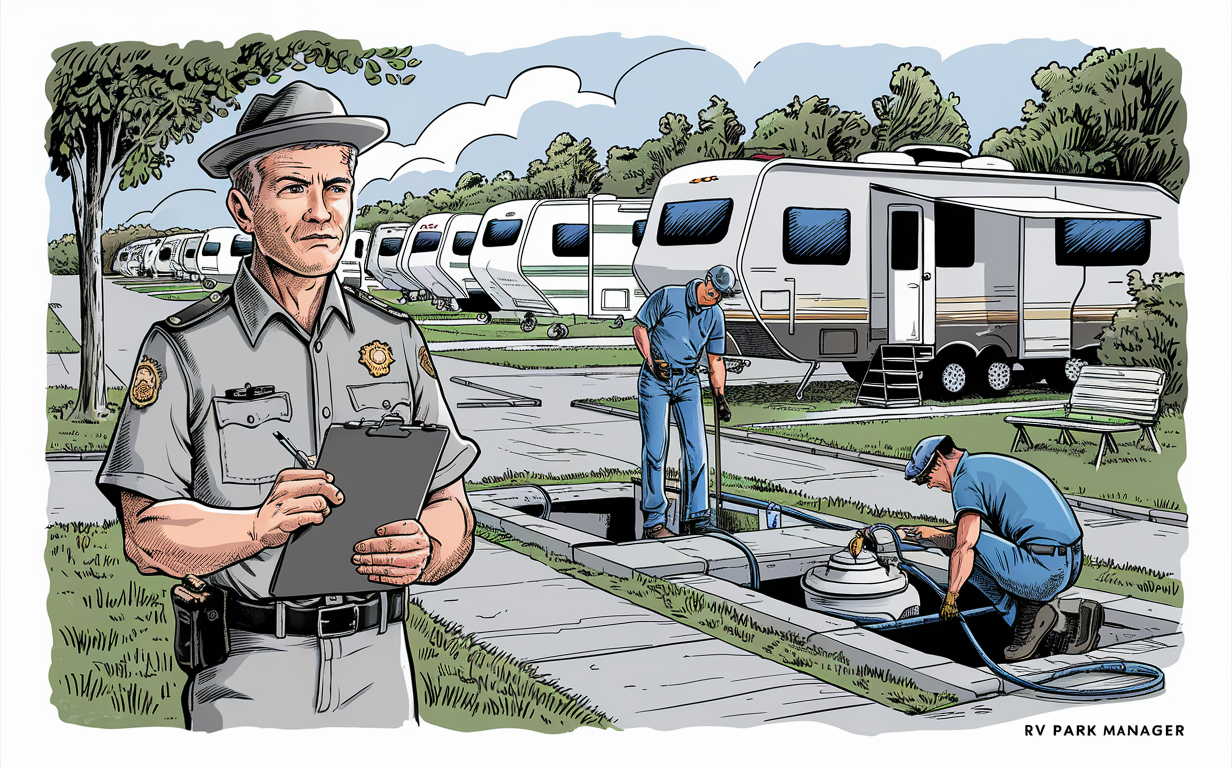
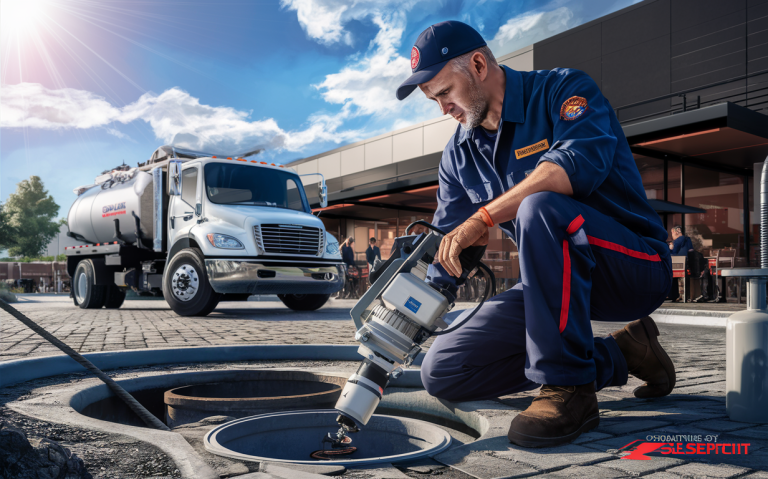
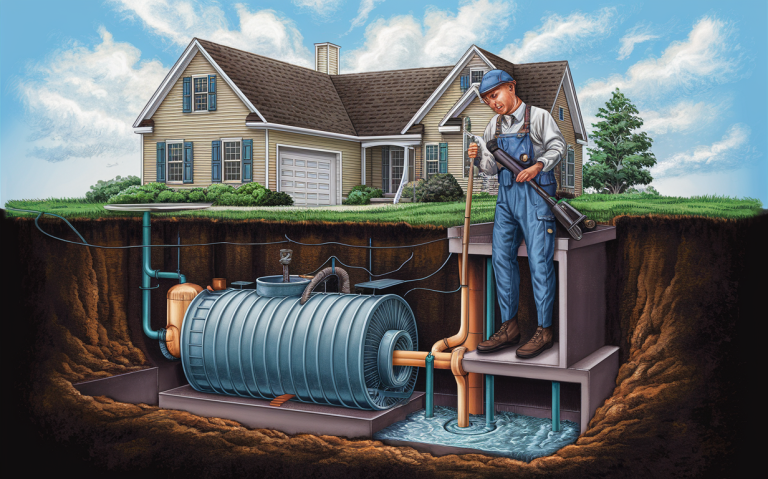

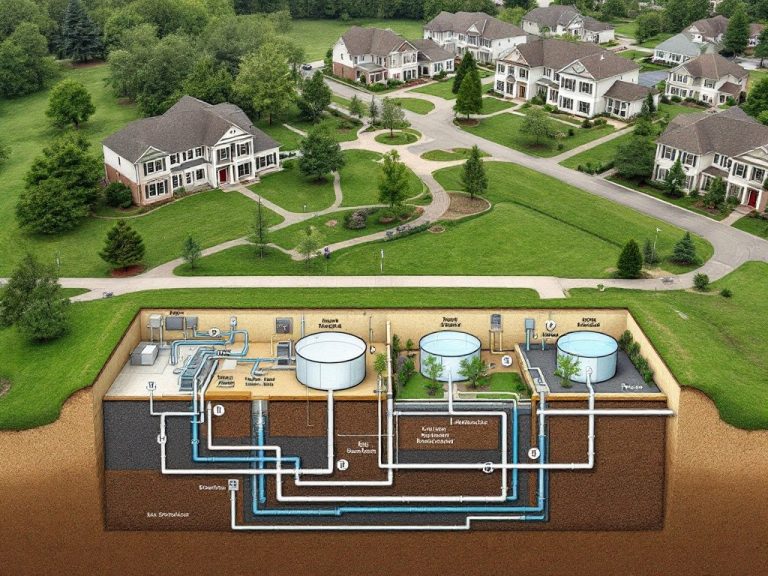

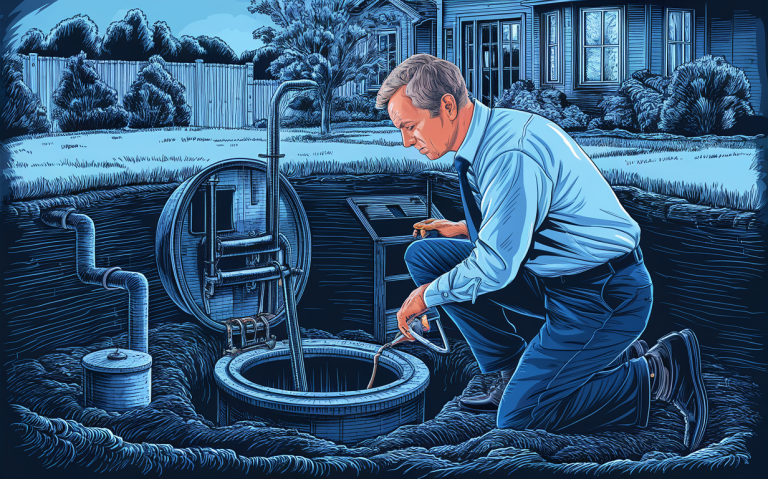
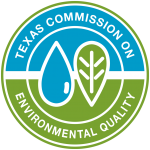 Texway Wastewater Services is a septic, wastewater, and excavation company based out of Burleson, Texas and serving the surrounding areas. We specialize in
Texway Wastewater Services is a septic, wastewater, and excavation company based out of Burleson, Texas and serving the surrounding areas. We specialize in